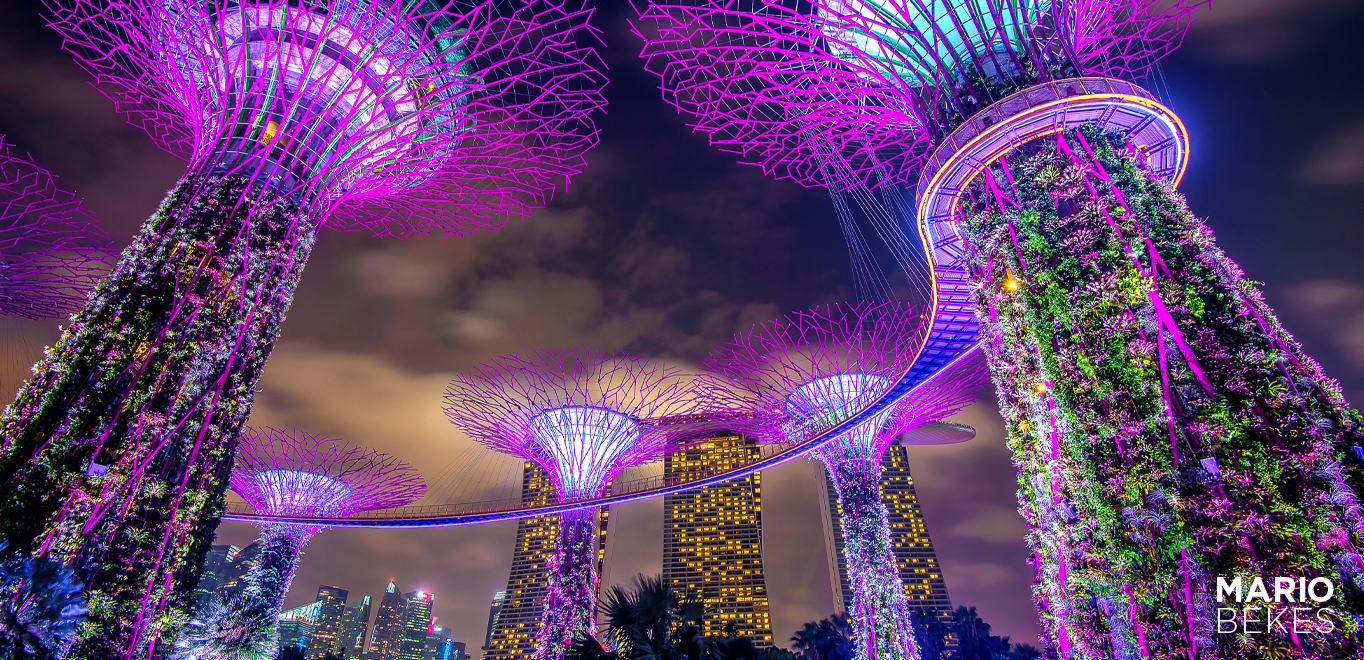Ground-Zero Intelligence: What Ordinary People Teach Us About Nations, Power, and Truth
Introduction—Why the Street Knows What the Government Doesn’t
Every intelligence officer learns one lesson before they ever see a battlefield:
Power blinds. People reveal.
In Nazi Germany, Minister of Propaganda Goebbels routinely placed trusted observers inside cinemas to monitor audience reactions, gathering real-time sentiment that fed into the Nazi regime’s wider intelligence system and its obsession with controlling public opinion.
Across history, legends persist about leaders disguising themselves to listen to the truth of the street—from Marshal Tito wandering markets and restaurants dressed like a peasant to Saddam Hussein disguised as a market seller appearing in cafés to test public sentiment.
Whether myth or reality, these stories illustrate a truth every investigator recognizes:
Leaders cannot understand a nation from a palace.
Only the ordinary citizen can reveal its soul.
After decades in military security and diplomatic intelligence, interrogations, and corporate investigations, I have learned that information is not found in reports—it is found in conversations.
And during my latest trip to Singapore, this principle proved itself once again.
I travelled not as an operative, but as a student of life—a tourist with curiosity sharpened by experience. Yet the habits, instincts, and methodology of intelligence work remain part of me. I cannot switch them off.
And perhaps that is why the conversations I had—in taxis, at food stalls, in quiet cafés—offered more insight into the country than any book, brochure, or government briefing ever could.
This is the power of what I call ground-zero intelligence:
This is the purest, most unfiltered form of societal information.
In 2025, when misinformation, propaganda, and algorithm-shaped narratives overwhelm the world, the value of this human-level data will surge.
Information as a national currency
In every operation I participated in—military or corporate—information determined success or failure. Not weapons. Not technology. Not strategy.
Information.
Every decision I’ve made across my career has relied on three pillars:
Data
Human intelligence (HUMINT)
Contextual interpretation
This triad forms the backbone of risk analysis, investigations, and geopolitical assessments. And it applies not only to conflict zones but also to understanding any society on earth.
Academic studies reinforce this:
Research from MIT confirms that firsthand, qualitative observation predicts social behaviour more accurately than algorithmic modelling alone.
The OECD notes that localized citizen sentiment is one of the strongest indicators of economic resilience.
The World Bank underscores that the quality of human capital, not natural resources, determines a nation’s rise or fall.
This means one thing:
Ordinary people are a nation’s most reliable sensors.
And Singapore, perhaps more than any country I’ve visited recently, demonstrates just how valuable these ground-level insights can be.
Why I speak to taxi drivers, street vendors, and bartenders
In the intelligence training, we were told:
“If you want truth, speak to the people who see everything yet remain unseen.”
Taxi drivers know the real mood of a country.
Bartenders hear the worries no politician will admit.
Street vendors understand economic pressure before any economist does.
These voices are not filtered through PR departments, political agendas, or corporate interests.
They speak from lived experience.
Sociologists call it informal social signalling.
Investigators call it pattern recognition.
I simply call it human truth.
So, during my travels I often talk to people who make the fabric of society, the same people who know the beat of the street, the rhythm of the economy, and potential storms on the horizon.
What emerged in Singapore during my visit and conversation was a picture of a country whose greatest strength does not come from wealth, land, or technology—but from clarity of purpose and unity of vision.
The Statement that Changed Everything
One conversation reframed my understanding of Singapore’s success.
I asked a local host why she loved her job—and her country—so fiercely.
Her answer was direct, sincere, and profoundly strategic:
“Singapore is a small red dot.
We have no natural resources.
Our biggest wealth is our people.”
That sentence struck me with the precision of an intelligence report.
A nation publicly declaring that its people are its primary asset is unusual.
A nation governing according to that principle is even rarer.
Most governments claim that their national wealth lies in:
natural resources
industry
technology
banking
military capability
infrastructure
artificial intelligence
But history—and data—tell a different story.
The Historical Reality: Nations Win When They Invest in People
When you compare nations across the last 150 years, one pattern repeats:
Countries that invest in people outperform countries that invest in commodities.
This is where your background in intelligence and social engineering matters, Mario.
Finland—post-WWII reconstruction
Devastated by war, Finland doubled down on education and became home to one of the highest-performing school systems in the world.
South Korea—1960s onward
With limited land and resources, South Korea invested heavily in healthcare, education, and workforce development. Today, it ranks among the world’s top economies.
Singapore—1965–2025 (now celebrating 60 years of independence)
When Singapore separated from Malaysia in 1965, it had:
no natural resources,
no army,
no water security,
The country lacked an army, water security, and an established industry.
What Singapore had was its people—and a government that was willing to prioritize their needs.
This has produced measurable outcomes:
Singapore consistently ranks among the world’s safest countries (Gallup).
Its workforce productivity and education levels remain among the highest globally.
The nation’s social trust index far exceeds many Western democracies.
Crime levels remain near zero, supported by both surveillance and strong civic culture.
Life expectancy is among the highest in the world.
These outcomes are not accidental.
They are the result of a philosophy that Western nations often ignore:
National wealth is not located under the soil—it is walking on the streets
Ground Zero Sentiment—What Singaporeans Told Me
1. Safety as a societal foundation
Citizens feel protected—day and night.
According to multiple global indices, safety is the #1 reason expatriates and locals choose Singapore.
2. A highly functional system
Transport works.
Healthcare works.
Governance works.
People spend less time fighting bureaucracy and more time building lives.
3. Collective responsibility over individual indulgence
This is reflected in Singapore’s firm stance on drugs, vaping, and other health risks.
Critics argue that restrictions limit personal freedom.
But the counterargument—heard repeatedly from locals—is grounded in social psychology:
We protect the many, not the few.”
This mirrors the utilitarian governance model adopted by nations that prioritize long-term stability over short-term pleasure.
The Value of Pure Conversation in an Age of Artificial “Truth”
We live in a world where digital noise impersonates information.
Social media amplifies distortions and AI-generated content increasingly blurs reality.
But human conversations remain incorruptible.
This is why, even now, I rely on the same principle that guided me in war zones, diplomatic missions, and corporate boardrooms:
Actual truth is discovered face-to-face, not online.
Ground-zero intelligence is a strategic advantage in business, politics, security—and life itself.
It reveals sentiment before trends appear.
It exposes risks before policies acknowledge them.
It highlights strengths that statistical reports overlook.
Conclusion—What Nations Forget, and What Singapore Remembers
My time in Singapore did more than reveal a remarkable nation—it reaffirmed a truth I have witnessed across continents, cultures, and conflict zones:
A nation’s stability, resilience, and future depend on what happens at ground level.
Boardrooms do not determine a nation’s stability, resilience, and future.
Not in parliaments.
This understanding is not found in the polished speeches of elites.
The real weight of society lies in the everyday lives of individuals such as taxi drivers, baristas, street vendors, cleaners, and workers.
These are the individuals who understand the pulse of a country long before economists, politicians, or intelligence agencies do. Their voices form the most honest data set any leader
could access.
If leaders truly want to understand their nation, they must do what legends suggest Tito did—step into the streets, walk without title, and listen without ego. Because information gathered at ground zero is not anecdotal; it is strategic. It reveals sentiment, pressure, hope, fatigue, and truth long before statistics catch up.
Ultimately, a nation’s soul is not found in its monuments or ministries.
It lives in its people—in their stories, their struggles, their fears, and their quiet resilience.
Singapore recognizes this.
Many nations have forgotten it.
This is why, as a student of life and a man shaped by decades of intelligence and investigative work, I no longer travel to admire architecture or collect photographs. I travel to collect truth.
Not theories—but people.
Not headlines—but insight.
Instead of focusing on narratives, we should focus on reality.
Natural resources, technology, or GDP are not the greatest national wealth that any country possesses.
It is the human beings who are at the forefront, the ones who perceive everything, experience everything, and reveal the truth before anyone else.









